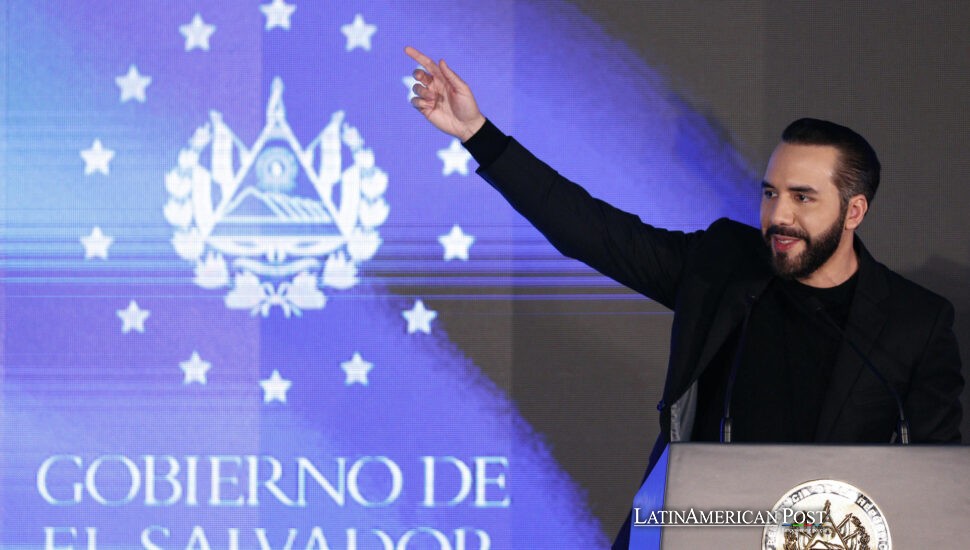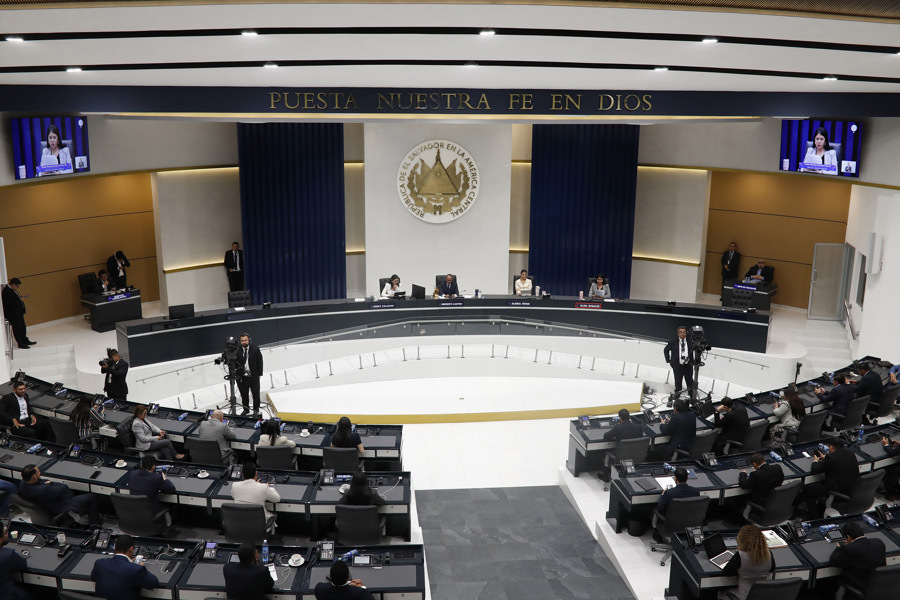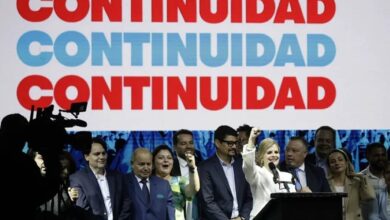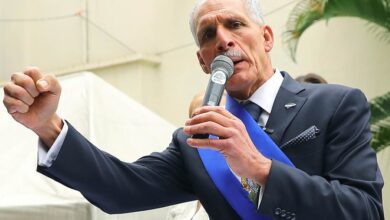Bukele Resets El Salvador’s Constitution—and the Clock on Presidential Limits

In less than a day, El Salvador’s legislature erased five constitutional guardrails, clearing the way for President Nayib Bukele to seek indefinite reelection and extending presidential terms—an audacious gamble that’s dividing the country between those who feel safer and those who feel silenced.
From One-Term Tradition to Open-Ended Power
For generations, El Salvador’s constitution enforced a hard stop: presidents got five years in office—no repeats, no extensions. That line in the sand was drawn from bitter history, especially the military strongmen who clung to power throughout the 20th century. But the tide began to shift in 2021 when Bukele’s party, New Ideas, swept the legislature and installed a slate of sympathetic Supreme Court justices. That court reinterpreted the ban on immediate reelection, giving Bukele legal cover to run again—and win.
Now, that exception has become the new rule.
On Thursday night, Bukele’s congressional majority passed sweeping constitutional amendments in just hours. Among them: no term limits, six-year presidential terms, and no more runoff elections. The move not only guarantees that Bukele could run again as soon as 2027, but also ensures that future presidents can stay in office as long as voters—or courts—permit.
Ana Figueroa, a New Ideas legislator who introduced the measure, framed it as democratic housekeeping. “Deputies and mayors already face no term limits,” she said. “This brings balance.”
But not everyone was applauding. As the vote passed 57–3, opposition lawmaker Marcela Villatoro stood at the podium and declared: “Democracy in El Salvador has died.”
Security Wins, Institutional Losses
To understand why so many Salvadorans support these changes, you have to walk their streets.
Since March 2022, Bukele has operated under a self-declared state of emergency, suspending key civil liberties in a sweeping campaign against gangs. Police have arrested over 78,000 people, filling prisons and cutting the homicide rate to levels not seen in decades. Places that once lived under the grip of MS-13 or Barrio 18 have reopened their markets and reclaimed their sidewalks.
In polls, Bukele’s approval rating hovers above 80%, a figure most leaders in the hemisphere can only dream of.
But those gains come with a cost. The mass arrests include thousands with no criminal record, according to human rights monitors. At least dozens have died in custody. Meanwhile, independent investigations have uncovered secret pacts between government negotiators and gang leaders, reminiscent of the same backroom deals Bukele once condemned.
The president’s team argues these are necessary compromises in a country long abandoned by weak institutions. Many voters seem to agree. Safety now trumps constitutional niceties. And if Bukele delivered what past leaders could not, why shouldn’t he keep governing?
“People will overlook a lot,” one political scientist said, “if their neighborhood is quiet for the first time in years.”

A Model Exported, a Warning Echoed
El Salvador’s new constitutional architecture didn’t emerge in a vacuum. Across Latin America, leaders are watching—and some are taking notes.
In Honduras, Xiomara Castro has toyed with tweaking term limits. In Ecuador, Daniel Noboa is borrowing from Bukele’s playbook on security crackdowns. In Guatemala, campaign billboards have already featured the phrase “Bukele of Zacapa,” a nod to his popularity beyond borders.
This is about more than policing. Bukele has rebranded the presidency itself. He uses X (formerly Twitter) like a dispatch center, mixing memes with policymaking. He mocks traditional diplomacy. He touts Bitcoin adoption as a way to bypass U.S. influence. That blend of digital bravado and brute force has made him a global symbol—for admirers and alarmists alike.
But Thursday’s vote also pushes El Salvador into the same legal gray zone as Nicaragua and Venezuela, where constitutional “reforms” paved the way for authoritarian entrenchment.
U.S. and European officials, who once hoped Bukele might moderate in a second term, now face a reality where the rules are changing faster than they can respond. And if one country can suspend its democratic calendar overnight, what stops others from doing the same?
What the Future Holds—and Who Might Stop It
Legally, there’s one hurdle left: the amendments must be ratified by the next legislative session. But with New Ideas controlling more than two-thirds of the chamber, that’s a formality. The courts, stacked with Bukele allies, are unlikely to intervene.
International pushback could grow. Lawmakers in Washington are already eyeing El Salvador’s democratic backsliding. Foreign aid and security cooperation may come with tighter strings.
Yet Bukele’s government believes it can weather the storm—thanks in part to a mix of remittances, Bitcoin hype, and domestic loyalty. The bigger risks may lie at home.
El Salvador’s public debt is creeping toward 80% of GDP. If global demand for lithium batteries or Bitcoin collapses—or if the truce with gangs falters—Bukele’s image could crack. In a system where so much now depends on one man, any stumble becomes a national crisis.
Meanwhile, the calendar is getting tighter. Legislative and presidential elections will now be held together, further concentrating political power and leaving less room for institutional oversight.
For now, Salvadorans seem content with the trade-off. The president who brought them security gets to keep leading. The crowd cheers. The streets stay quiet.
Also Read: Between Safety and Silence, El Salvador Weighs the True Cost of Bukele’s Crackdown
But the stakes have never been higher. What began as a bold experiment in public safety now teeters between stability and autocracy. Whether Bukele’s indefinite presidency becomes a cornerstone or a cautionary tale will depend on how this story unfolds—not in the headlines of today, but in the realities of the next six years.





